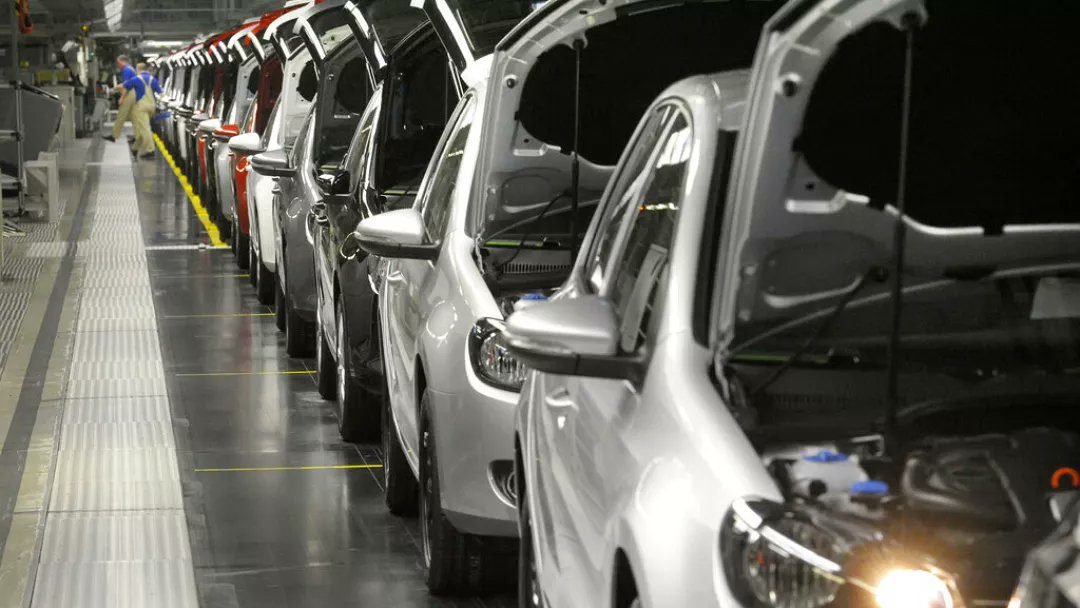
Photo: @CoastalVoyagerX on X, 1 February 2025
The future of the European automotive industry will be decided on March 5th, when the European Commission, under the leadership of Transport and Tourism Commissioner Apostolos Tzitzikostas, publishes its long-awaited Action Plan.
This plan aims to establish a clear path for the sector, trying to balance the transition to zero-emission mobility with the economic sustainability of the European automotive industry, which has lost competitiveness in recent years.
The European Automobile Manufacturers Association (ACEA) warns that without concrete measures, the sector risks factory closures and mass layoffs, further weakening Europe’s position against the growing competition from Chinese manufacturers.
The effects of the crisis are evident even in the European capital, where German automaker Audi reached an agreement last week to shut down its plant and lay off 3,000 workers.
European car manufacturers and suppliers have been pressuring Brussels to address the sector’s growing competitiveness crisis. Establishing a Strategic Dialogue with European Commission President Ursula von der Leyen has allowed key stakeholders—including manufacturers, buyers, and social agents—to debate the industry’s pressing challenges.
Over the past two years of the von der Leyen Commission, the EU has been reluctant to modify the strict Corporate Average Fuel Economy (CAFE) standards, which penalize manufacturers for selling more combustion engine vehicles than electric ones, and to review the ban on selling 100% combustion engine cars from 2035.
The upcoming Action Plan could shift from this rigid stance, which has caused significant damage to one of the most powerful industries in countries like Germany, France, and Italy.
The automotive sector argues that current regulations should transition from a penalties-based approach to one that stimulates market demand. The slow adoption of electric vehicles—mainly due to insufficient infrastructure to support mass adoption—combined with economic pressures, has stalled progress toward the climate goals championed by much of the European Parliament.
The market share of battery electric vehicles (BEVs) fell from 14.6% in 2023 to 13.6% in 2024, far below the expected 25%.
According to ACEA, addressing this issue requires revising the 2025 CO2 compliance framework to prevent excessive penalties, accelerating the review of CO2 regulations for both light- and heavy-duty vehicles, and establishing clear incentives to stimulate demand for zero-emission transport.
Additionally, resolving trade tensions with the U.S. and China is crucial to ensuring a stable environment for European manufacturers. The automotive sector, particularly in Germany, has historically been focused on exports rather than domestic consumption, leaving room for non-European brands to fill the gap.
Regaining that market is now a significant challenge, considering that companies from China, Japan, and South Korea produce high-quality vehicles at affordable prices for the average consumer. This challenge is even more pressing given the current global financial situation.
ACEA also points to a possible policy shift in Brussels, with manufacturers pushing for the inclusion of synthetic and renewable fuels as viable alternatives to avoid the complete elimination of combustion engines.
This approach, already in use, could prevent the premature scrapping of millions of vehicles and allow the continued sale of combustion-powered cars under a more sustainable model.
